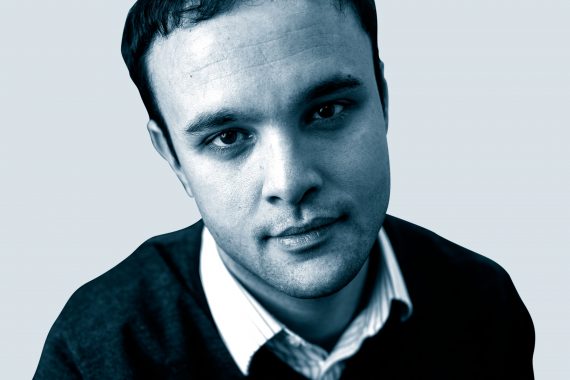It’s time to throw open the surgery doors

Last Autumn I was able to attend a presentation given by the charismatic Vince Barry, CEO of Pegasus Healthcare in Canterbury, New Zealand. For those of you lucky enough to still remain quarantined from the pyretic spread of the Multispecialty Community Provider, the Canterbury tale is one oft-quoted with evangelical zeal, albeit with good reason. I too was impressed, not only by his Kiwi plain speaking, but also the detail of what is clearly a well developed service that just seems to work. That they really had thought about things, in contrast to the baseless, euphemistic guff that we in the NHS are subjected in every cycle of the perpetual wooden-folding-beach-seat-reconfiguration-period.
For all that we are solo, brilliant mavericks, we cannot do this alone
The difference is that in Canterbury they started with the clinicians first and deliberately worked outwards. They realised that GPs had more to offer when freed from artificial physical and bureaucratic restraints, allowing their influence to permeate throughout the community, linking with local leaders and resources to understand more about what their population needed and how to deliver it. They put GPs and secondary care doctors in the same room to work things out – ‘robust conversations’ followed, but it put names to faces, isolated some perverse behaviours that were affecting patient flow and helped to iron them out. They managed – somehow – to corral GPs together and trusted them with the controls.
This isn’t rocket surgery. Medics typically herd like cats, GPs like tasmanian devils. But we are natural leaders, problem solvers and, despite what hysterical harpies of the gutter press might have you believe, still an a trusted and respected local authority. Where other support structures have been undermined, have been allowed to atrophy and fail, people continue to place great value in our counsel. We are good at sorting things out. Good at sorting out the personal, the structural, the micro and the macro. It is our job. But for all that we are solo artists – brilliant, maverick, uncompromising – we are even better in a band.
In Canterbury they recognised this. Almost unbelievably, clinicians were trusted to know exactly what was best for their patients. There was dialogue, of course, but they eschewed the fashionable folly of co-production and people were quite happy to let the experts get on with their jobs. It was quite telling that, at the meeting, the attending patient representative remarked how patient groups just wouldn’t stand for this, an inversion of the natural order. But this is what we’re up against over here. The idea that someone else actually might know best is almost irreconcilable with the modern British psyche; a version of the Dunning-Kruger effect set loose by social media and now rampant in every conceivable conversation.
With this in mind, my concern is that those who are currently driving change focus too narrowly on the what without acknowledging the how. We cannot just cherry pick our favourite bits from around the globe and expect to replicate them perfectly under entirely different social and political conditions. Also, for all the protestations that this change ought to be organic and clinician-led, the conversation is still dominated by evidence-based fluff and Powerpoint platitudes. GPs, who should be at the very heart of any reorganisation, are often cast as obstructive, absent, disinterested. We know that we love to grumble but also that the magic happens through collaboration, when we are in the room, talking with colleagues. We need to harness that energy between us, to dissipate the daily frustrations that block out the sun, to nourish the good ideas which wither and die in isolation.
Co-operation is key if we are to make anything of this state of flux. It’s time to throw open the surgery doors.
Dr Karim Adab is a GP in Manchester
Pulse July survey
Take our July 2025 survey to potentially win £1.000 worth of tokens











